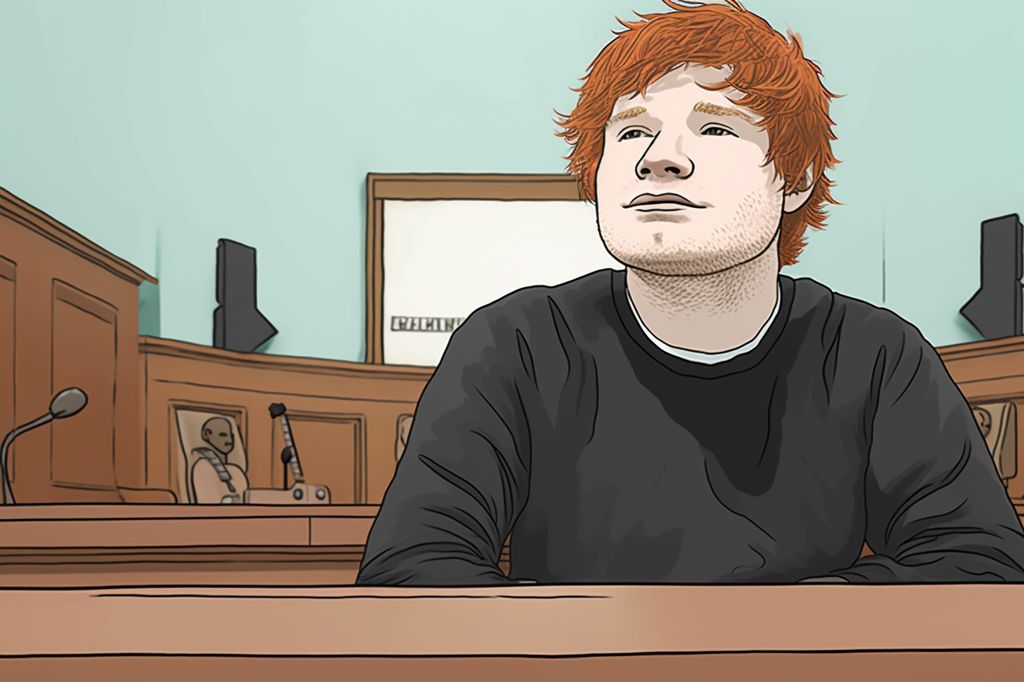After a lengthy legal battle that started in 2017, a federal court jury in New York finally decided that Ed Sheeran “independently” wrote his hit song “Thinking Out Loud,” which means he did not infringe on the copyright of Marvin Gaye’s classic “Let’s Get It On.” The lawsuit was brought by the heirs of Ed Townsend, a co-writer of “Let’s Get It On.”
The Fine Line Between Inspiration and Imitation
The case highlights the challenges of copyright infringement allegations in the music industry, where the boundaries between inspiration and imitation can be blurry. This is not the first time a high-profile artist has faced such allegations. In 2015, Robin Thicke and Pharrell Williams were sued by the estate of Marvin Gaye for allegedly copying elements of Gaye’s song “Got to Give It Up” in their hit song “Blurred Lines.” The case resulted in a $7.4 million verdict against Thicke and Williams, although the amount was later reduced to $5.3 million.
Sheeran’s Relief and Frustration
Sheeran, who has sold millions of records worldwide, expressed his relief and frustration regarding the lawsuit. He was pleased with the verdict but also expressed his frustration at the case being allowed to reach court. “At the same time, I am unbelievably frustrated that baseless claims like this are allowed to go to court at all,” he said.
Legal Experts’ Opinion
Some legal experts argue that the lawsuit was not necessarily baseless. “There is no question that ‘Thinking Out Loud’ bears similarities to ‘Let’s Get It On,'” said Brian Caplan, an entertainment attorney at Reitler Kailas & Rosenblatt. “But the question is whether those similarities rise to the level of copyright infringement, and the jury decided they did not.”
Despite the challenges of navigating copyright infringement allegations in the music industry, it is clear that Ed Sheeran’s creative work results from his independent and unique talent. As he said in his statement, “I am pleased with the outcome of the case, and it looks like I’m not going to have to retire from my day job after all.”












